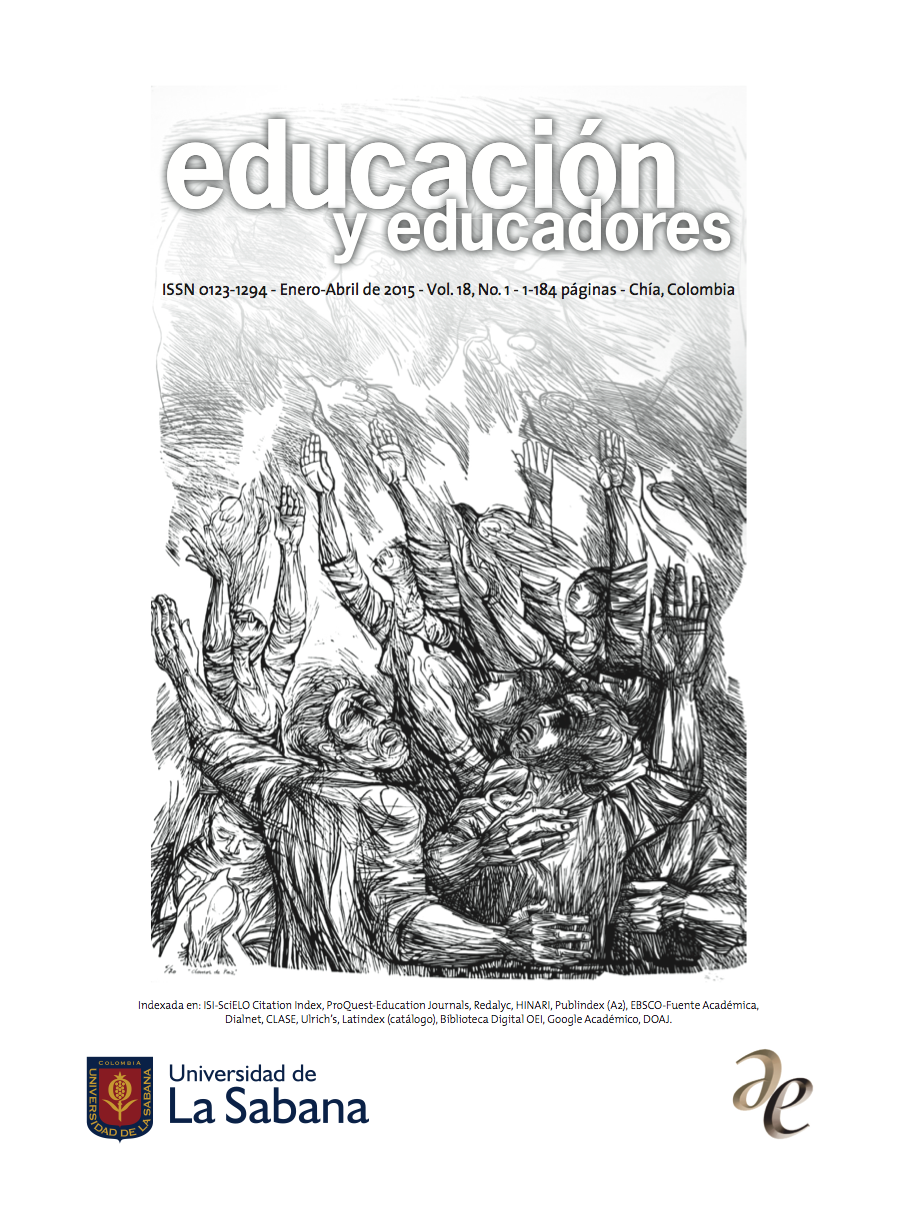The Colombian Educational System on the Road to Inclusion: Progress and Challenges
Keywords:
Right to education, inclusive education, special education, educational policy (Source, UNESCO Thesaurus).Abstract
This paper is an attempt to analyze the progress and challenges of inclusive education in Colombia, through a comparative analysis of policies and strategies developed within the country and the measures taken by Spain in the same direction. Nine categories were defined for this analysis, based on the key elements identified in the international agreements with names preceded by "UNESCO": 1) the inclusive education approach, 2) focus groups, 3) responsible parties and resources, 4) teaching and learning strategies, 5) curriculum design, 6) educational levels, 7) teacher training, 8) community involvement and 9) evaluation and monitoring. The sources of information include official documentsfrom the agencies in each country that oversee and direct educational services, as well as national legislation currently in effect.
The results of this analysis indicate the two countries in question are not so far apart in terms of their legislation and recognition of the principle of inclusion. This shows Colombia has adapted its policy on education to reflect international guidelines. However, it is clear the implementation of these guidelines is still far from inclusive.
Downloads
Published
How to Cite
Issue
Section
License
1. Proposed Policy for Journals That Offer Open Access
Authors who publish with this journal agree to the following terms:
-
This journal and its papers are published with the Creative Commons License CC BY 4.0 DEED Atribución 4.0 Internacional. You are free to share copy and redistribute the material in any medium or format if you: give appropriate credit, provide a link to the license, and indicate if changes were made; don’t use our material for commercial purposes; don’t remix, transform, or build upon the material.






